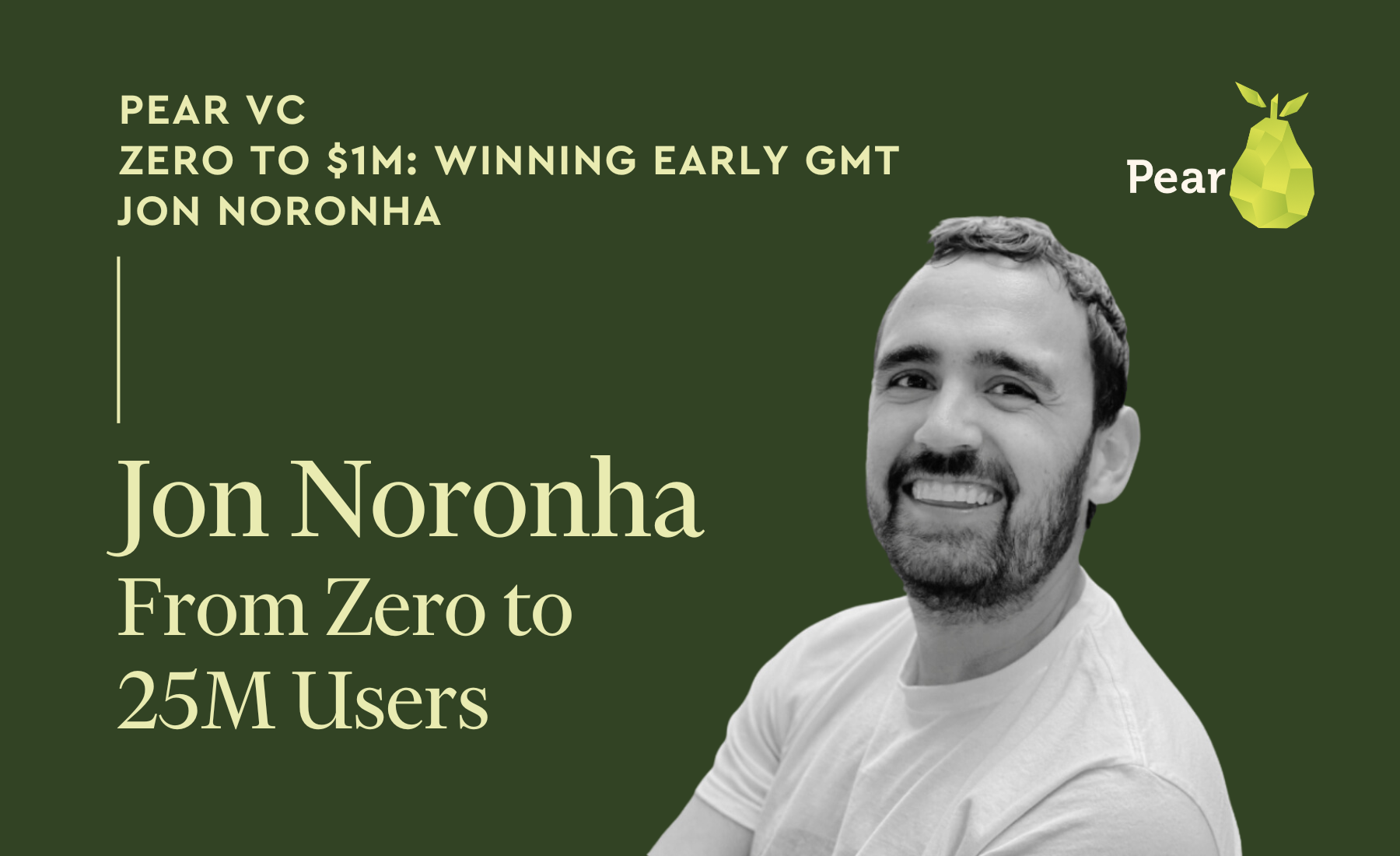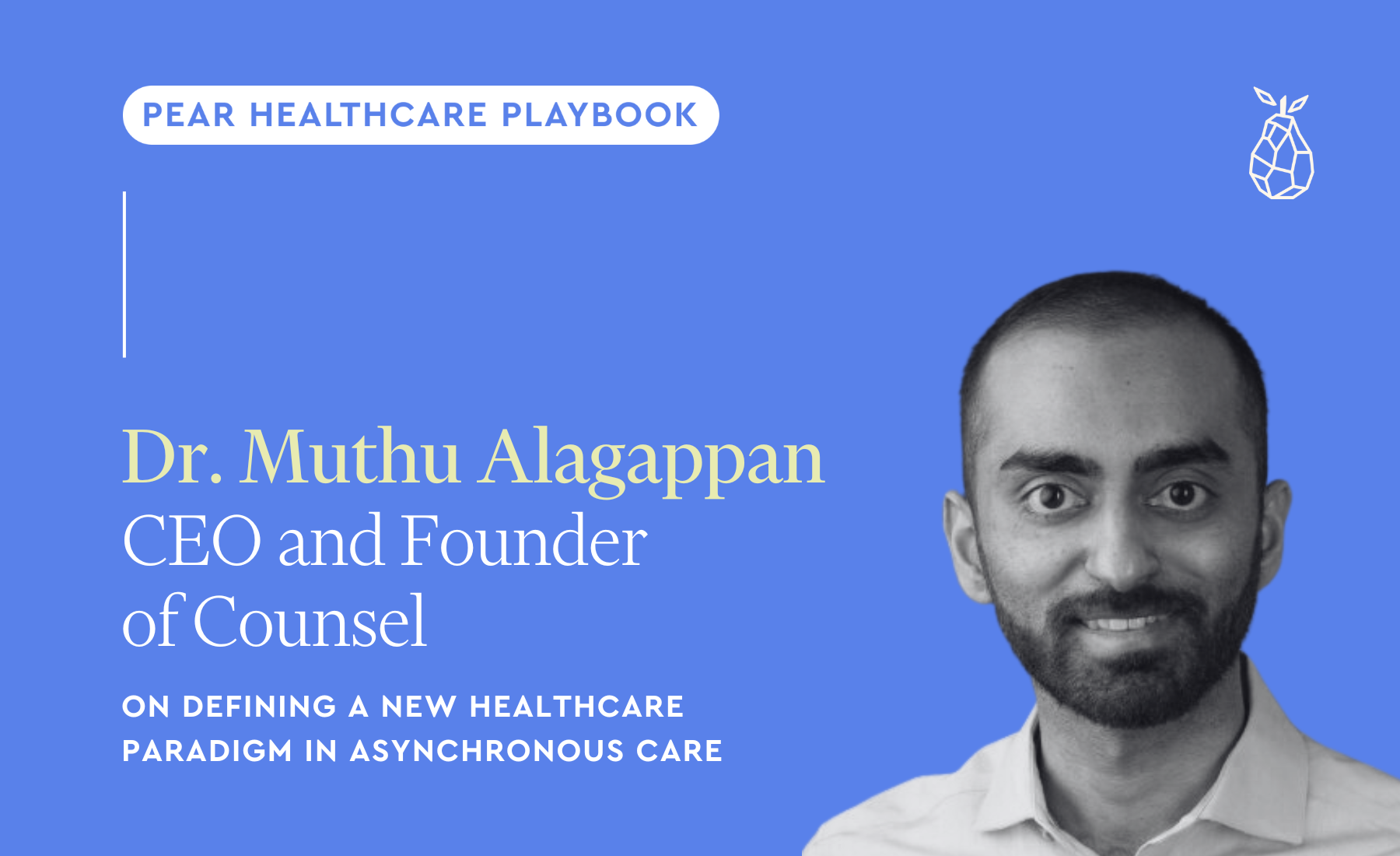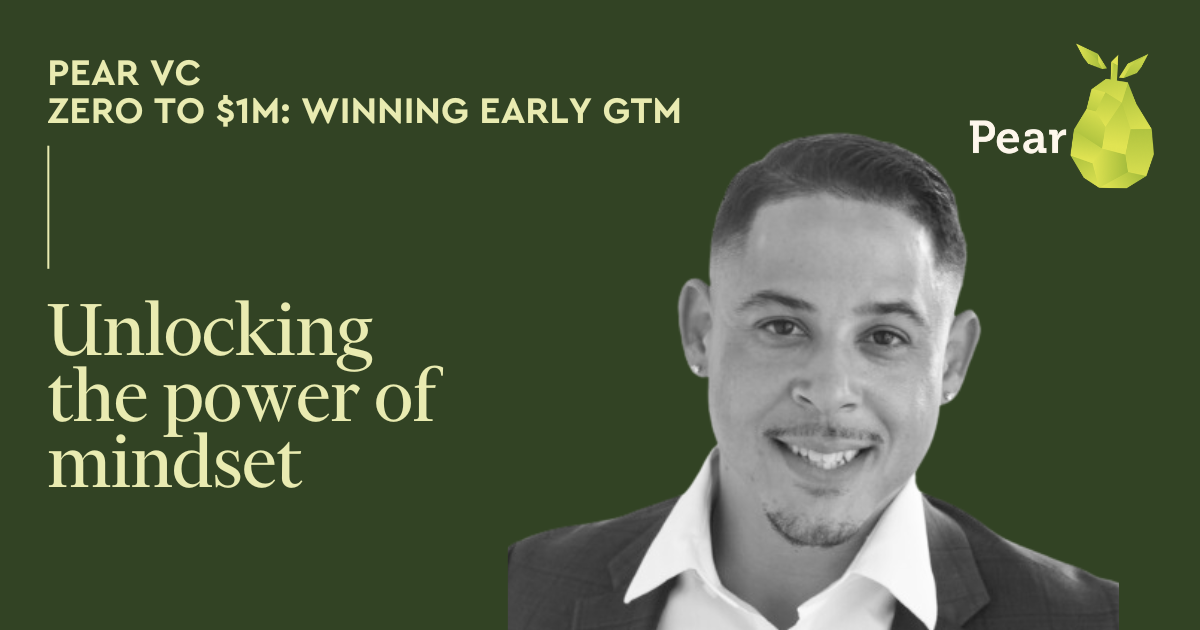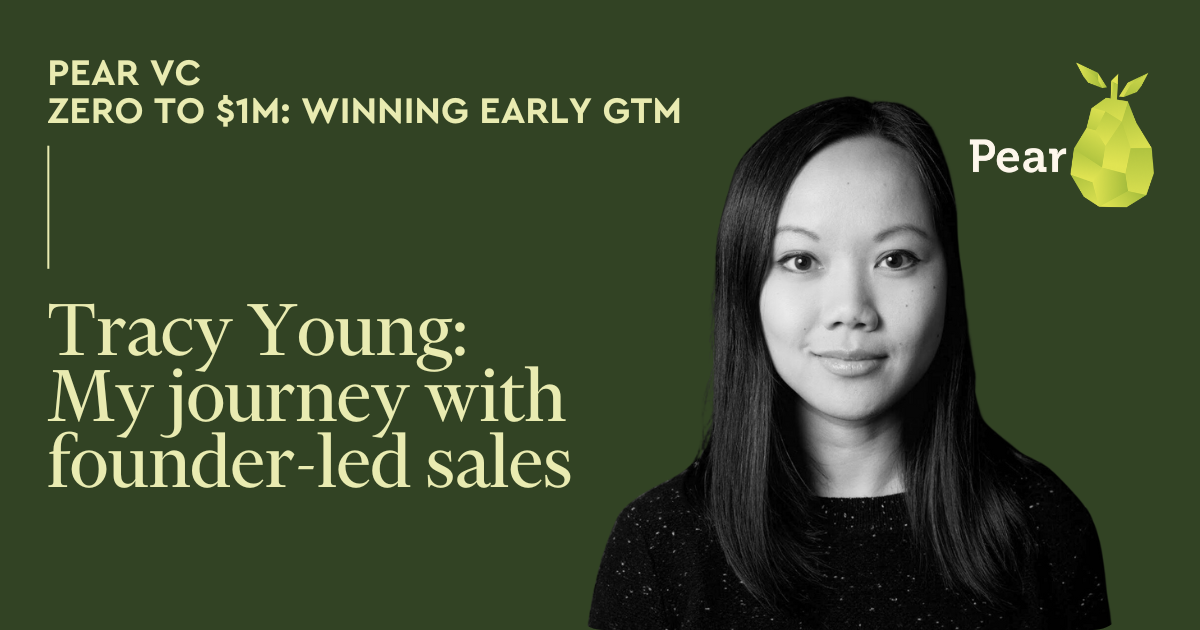Achieving rapid growth and successful product-market fit can be a maze filled with daunting challenges. For early-stage founders, embarking on this journey requires not only a solid idea but the perseverance to continually adapt and learn. The Gamma.app team has walked this arduous path from obscurity to 25 million users, and their inspirational story shared by Jon Noronha, Co-Founder and Chief Product Officer, at our Zero to $1M conference should be a beacon of hope to all founders currently in the trenches.

Here are the key takeaways early stage founders can learn from Jon’s presentation:
Choose the Right Problem
Before diving into solution development, Gamma founders pondered a fundamental question: What problem were they truly passionate about and uniquely suited to solve? As they reflected, the process of creating and delivering presentations—a near-universal business challenge– stuck out to them. They considered it in light of all the pros AND cons and chose to pursue it because of the potential impact their product could have. For all early-stage founders, it’s crucial to love the problem you’re solving enough to be passionate about it for a decade plus of company building! And it’s critical to believe that you’re uniquely positioned to build that tool. Gamma founders were product leaders and they wanted to build a tool that would thrive via a PLG strategy to growth, to specifically play to their strengths. This is a great example of considering your fit to 1) build the tool and 2) build the GTM model to get that tool out in the market. Choose challenges that your team is inherently equipped to solve well. Build on those core competencies as you scale.
Lead with Customer Motivation
One of the things that I loved most about Jon’s growth story was how he managed early customer onboarding, made it a point to spend time going through customer support tickets, and also was intentional about getting that customer feedback back to his team at Gamma. Jon shared:
“I was relentless about sharing [customer feedback with our team]… I made sure that every week our team heard five or 10 positive things that were going well. And we were getting some diehard fans out of this. We had a small number of true believers. And when I say a small number, I think like maybe 10 to 15 people who really got it and really believed and were telling their friends. Nothing to really write home about, but still it felt good to us!”
You can’t overestimate the importance of driving this motivation for your team, especially in the early days before you’ve really gotten to PMF!
Seize Luck and Keep it Real With Your Team
After some time of slow traction, the Gamma team ended up getting to a point of “existential dread.” The world was changing fast, with the economy going into a downturn and fundraising market drying up. Yet, amidst investor skepticism and financial pressures, the Gamma team had to take a big leap of faith in order to chart their course forward. They decided to integrate AI to enhance presentation design, tapping into a burgeoning trend, unveiling features that resonated and added unparalleled value to our users’ experiences. They would not have been positioned well to take advantage of the opportunity had they not invested so heavily in customer experience and awareness. What gave Jon and his team the confidence to take this big leap amidst so much uncertainty was the foundation he’d built with users and his team. He shared,
“What’s interesting is this period of time of existential angst was probably the most productive and fun part of the whole experience of working on the company. I think there is a lesson there about being candid with your team about when it’s time to put it all on the line, I think it’s a card you can only play so many times and we had to play it, we had no choice. So we had a huge blitz of development.”
Jon and the rest of Gamma leadership had built enough trust with his team and customers to seize the opportunity AI presented, and this ended up being a pivotal step in them finding viral growth.
Gamma Thrives
Entrepreneurship is a marathon, not a sprint. Gamma’s story highlights the importance of starting out strategically, remaining adaptable, and fostering a relentless spirit. By embracing setbacks as stepping stones and using them as learning moments, Gamma’s team navigated the complex early days of growth and product development. We are so grateful Jon joined us at Zero to $1M to share their inspiring story!
You can watch Jon’s entire presentation here:
In the next few weeks, we will be sharing summaries and recordings of the talks from Zero to $1M: Winning Early GTM and link them here:
- My Journey with Founder-Led Sales: Tracy Young
- Startup sales success requires unlocking the power of mindset: lessons from Jason Ferguson
- From zero to 25M+ users: navigating the path to viral growth: lessons from Jon Noronha
Stay tuned for more!




